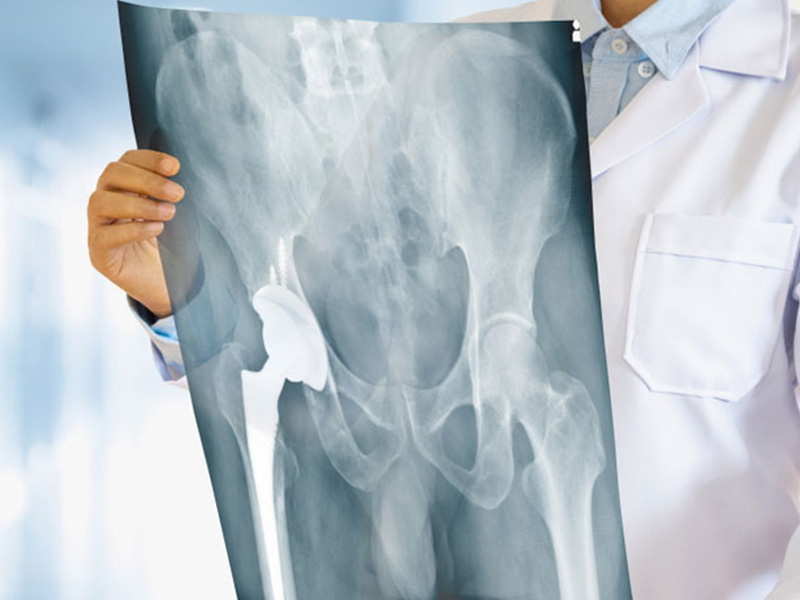
Broken Bones An Overview Of The Causes Symptoms And Treatment
Broken bones, also known as bone fractures, are a leading cause of why people seek medical help in orthopedic clinics in Dubai. Depending on its severity, you may even need urgent attention from the accident and emergency unit. They can occur for various reasons and typically require medication and treatment to ensure your bone can heal correctly. We will examine this condition in-depth in this article.
What are bone fractures?
It is a medical condition where there is a break or a crack in your bone. While bones are strong, they can break if the force exerted on the bone is greater than it can withstand or are constantly exposed to continuous pressure. Therefore, weakening and causing them to break and change their shape. The fracture could be complete or partial and can occur in numerous ways: lengthwise, crosswise, or separate into several smaller pieces. The most vulnerable sites for fractures are the wrist, hip, and ankle.
What are the causes?
As mentioned above, fractures can occur when your bone comes into contact with a strong force, for example, meeting with a car crash, falling on hard ground, or being impacted by falling objects. They can also occur if you are exposed to a repetitive force that can gradually affect your bones and cause a break, such as running long distances or repeatedly jumping up and down. The latter is called stress fractures and typically occur in athletes or older adults.
Another cause is medical conditions that can weaken bones. Some of the most prominent ones are osteoporosis, rheumatoid arthritis, or brittle bone disease. When medical conditions cause fractures, bone specialists call them pathological fractures.
What are the symptoms?
The symptoms of fractures depend on which bone is affected, the severity of the injury, and a patient’s age and health. However, typically, you would have one or more of the following.
- Pain
- Burising
- Swelling
- Angulation – the area that is affected, could be bent at an abnormal angle
- Discolored skin near the area that is affected
- A grating sensation on the affected joint or bone
- You could have difficulty applying weight to the area
- Difficulty moving the affected area
If a large bone is affected, you may have more severe symptoms such as:
- You will appear more pale and sweaty
- You could have nausea
- You may feel dizzy
What is the treatment?
When you notice symptoms of a fracture, depending on its location, you should not move until a healthcare professional is present. If you are in a dangerous place, you can relocate to safer ground, but do not apply pressure or move the affected areas. If your symptoms are manageable and you can walk, you can visit the accident and emergency unit.
You will be given one or more tests to diagnose the fracture and determine its severity, such as x-rays, bone scans, CT scans, or MRI. Then, depending on the results, your doctor may give you a cast or a splint, which immobilizes the bone and straightens it so it can heal. You may also be given traction to stretch the muscles and tendons around the affected bone and align it.
If the fracture is severe, you will have to undergo orthopedic surgery, which involves using screws, plates, or frames to steady the bone and allow it to heal. If you suspect a fracture, you need to consult our medical clinic. We will examine the break and provide you the necessary treatment or direct you to our orthopedic surgeon in Dubai for surgery.



